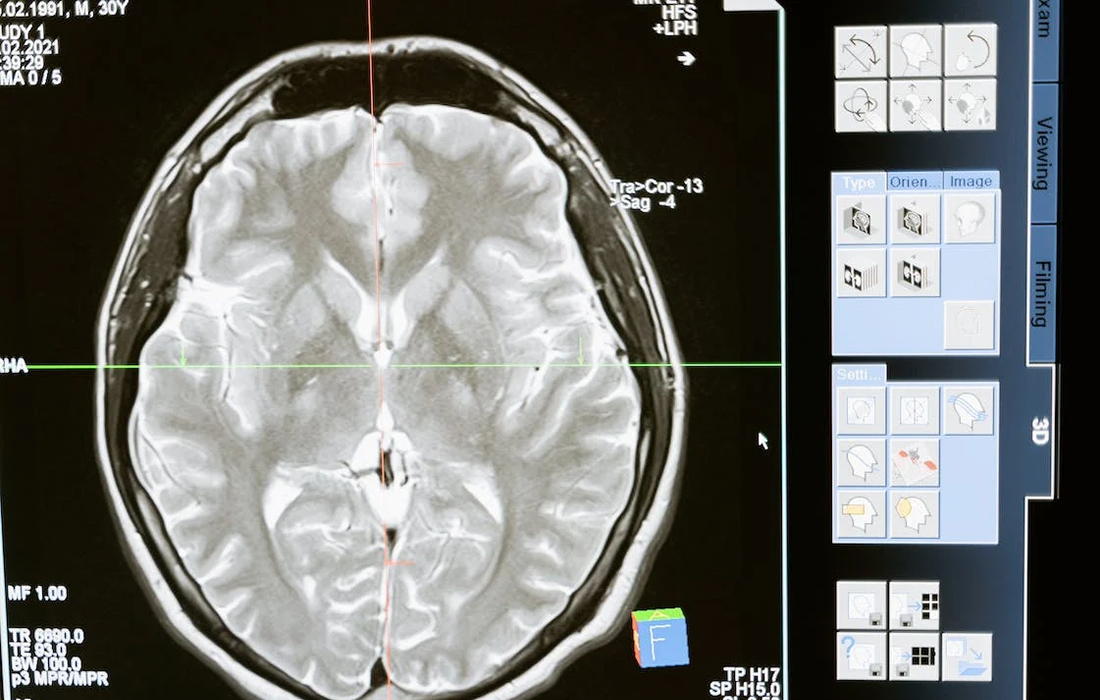Regenerative Medicine News and General Information
Neuroinflammation and Alzheimer’s Disease
Study by Brigham investigators revealed how genetic changes in certain types of brain cells may contribute to the inflammatory response seen in Alzheimer’s disease
Immune-regulating brain cells known as microglia are known to play a role in the progression of Alzheimer’s disease (AD). A new study by investigators from Brigham and Women’s Hospital, a founding member of the Mass General Brigham healthcare system, explores how the genetics of microglia contribute to neuroinflammation and, in turn, AD.
The team revealed that a reduction of INPP5D, a gene found in microglia, results in neuroinflammation and increases the risk for AD. Their results, which have important implications for the design of microglia-centered therapeutics for Alzheimer’s disease and related disorders, are published in Nature Communications.
Neuroinflammation is important to monitor in people with neurodegenerative diseases, but it can be difficult to detect, especially in the early stages of AD. The earlier neurologists can identify it, the earlier they can treat it. Microglia are clearly involved in the process of neuroinflammation, but there are many unanswered questions regarding the molecular pathways involved.
The team used a variety of experimental approaches to probe the relationship between levels of INPP5D and a specific type of brain inflammation, activation of the inflammasome.
As part of their study, the team compared human brain tissue from patients with AD and a control group. They found lower levels of INPP5D in the tissues of patients with AD and when INPP5D was reduced, it activated inflammation.
In parallel, they used living human brain cells derived from stem cells to study the intricate molecular interactions within microglia that mediate inflammatory processes with a reduction of INPP5D.
These studies identified specific proteins that could be inhibited to block inflammasome activation in microglia.
Although the team’s work represents the most comprehensive analysis of INPP5D in the AD brain, it remains to be determined whether INPP5D should be targeted with therapeutics.
The team notes that their findings suggest INPP5D activity in AD brains is complex and future studies are needed to understand if INPP5D can be targeted to prevent cognitive decline in patients with AD.
Sources:
Vicky Chou, Richard V. Pearse, Aimee J. Aylward, Nancy Ashour, Mariko Taga, Gizem Terzioglu, Masashi Fujita, Seeley B. Fancher, Alina Sigalov, Courtney R. Benoit, Hyo Lee, Matti Lam, Nicholas T. Seyfried, David A. Bennett, Philip L. De Jager, Vilas Menon, Tracy L. Young-Pearse. INPP5D regulates inflammasome activation in human microglia. Nature Communications, 2023; 14 (1) DOI: 10.1038/s41467-023-42819-w
Brigham and Women’s Hospital. (2023, November 29). Researchers find connections between neuroinflammation and Alzheimer’s disease. ScienceDaily. Retrieved November 29, 2023 from www.sciencedaily.com/releases/2023/11/231129003942.htm
Photo by MART PRODUCTION from Pexels: https://www.pexels.com/photo/technology-computer-head-health-7089020/

